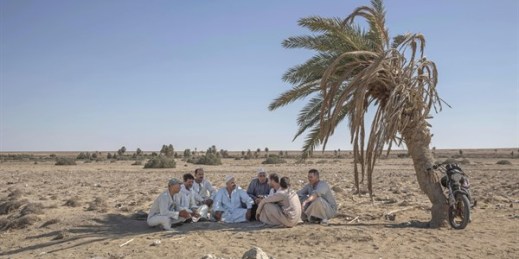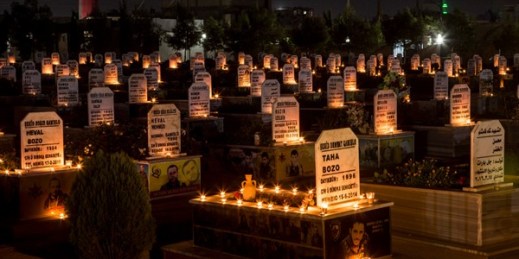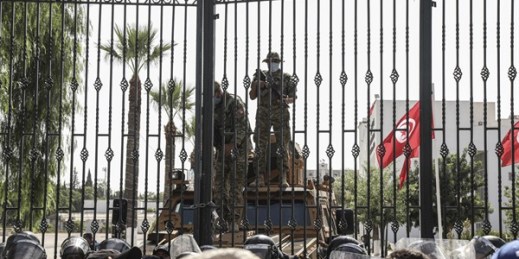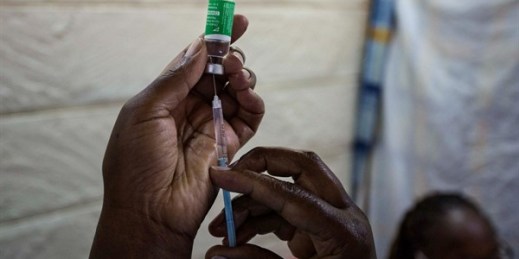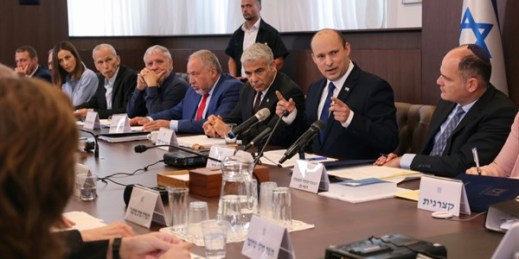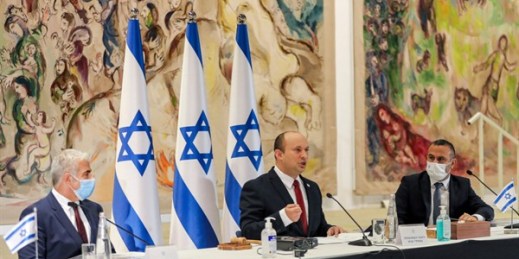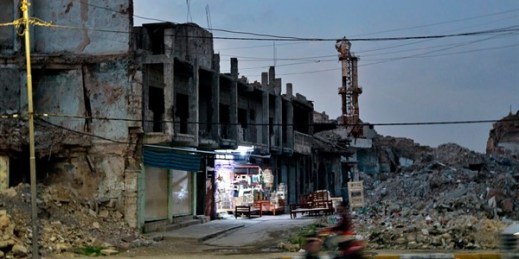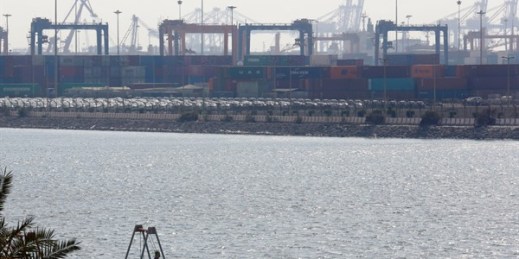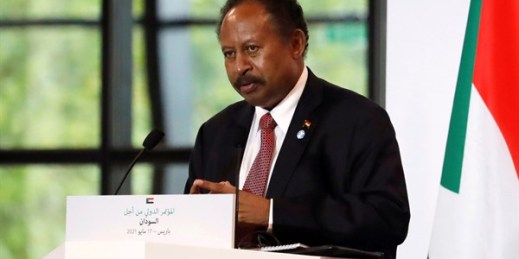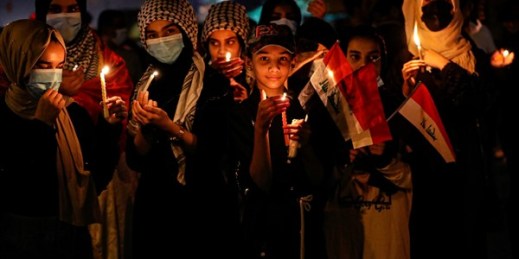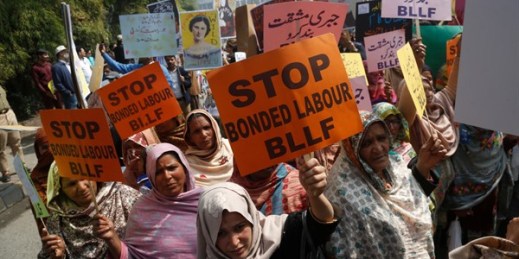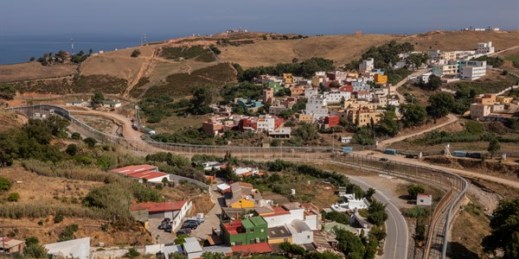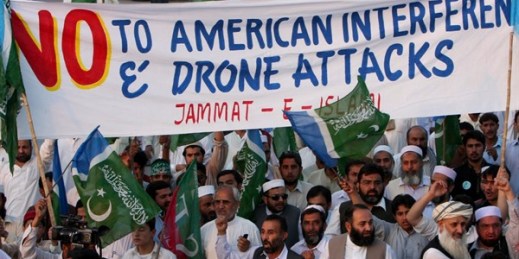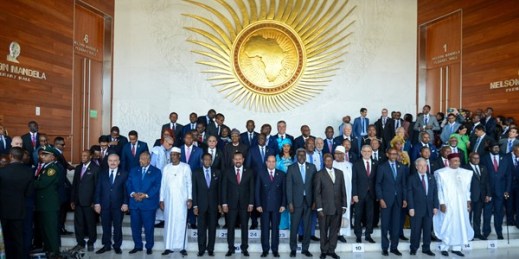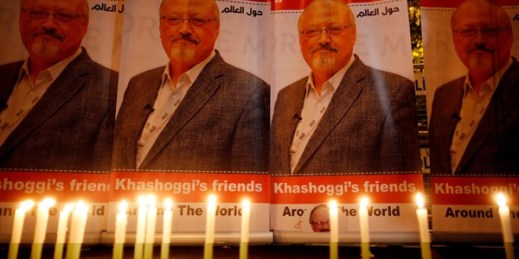
When FBI agents first showed up at Masih Alinejad’s Brooklyn home to warn her that she was the target of an Iranian state-backed kidnapping plot, she was incredulous at first. As a journalist and outspoken critic of the regime in Tehran, she is accustomed to threats and harassment. But the brazenness of the plot was startling. “What surprised me is the fact that the regime felt confident enough to resort to kidnapping me here, on American soil,” Alinejad told me in a direct message on Twitter. “I used to think I was safe here.” According to an indictment unsealed earlier this month, […]

